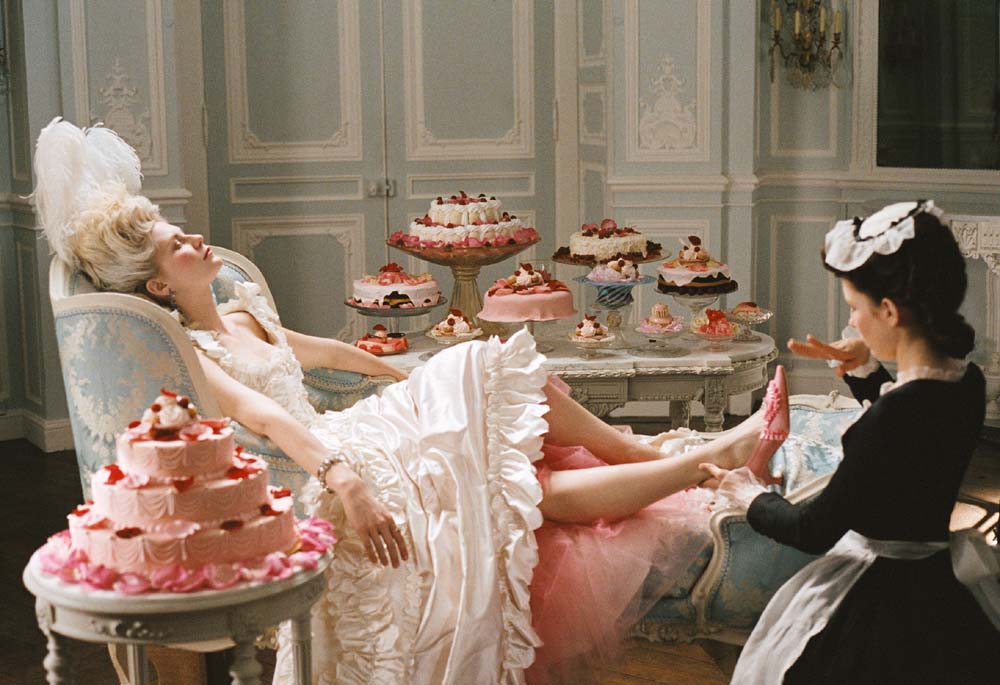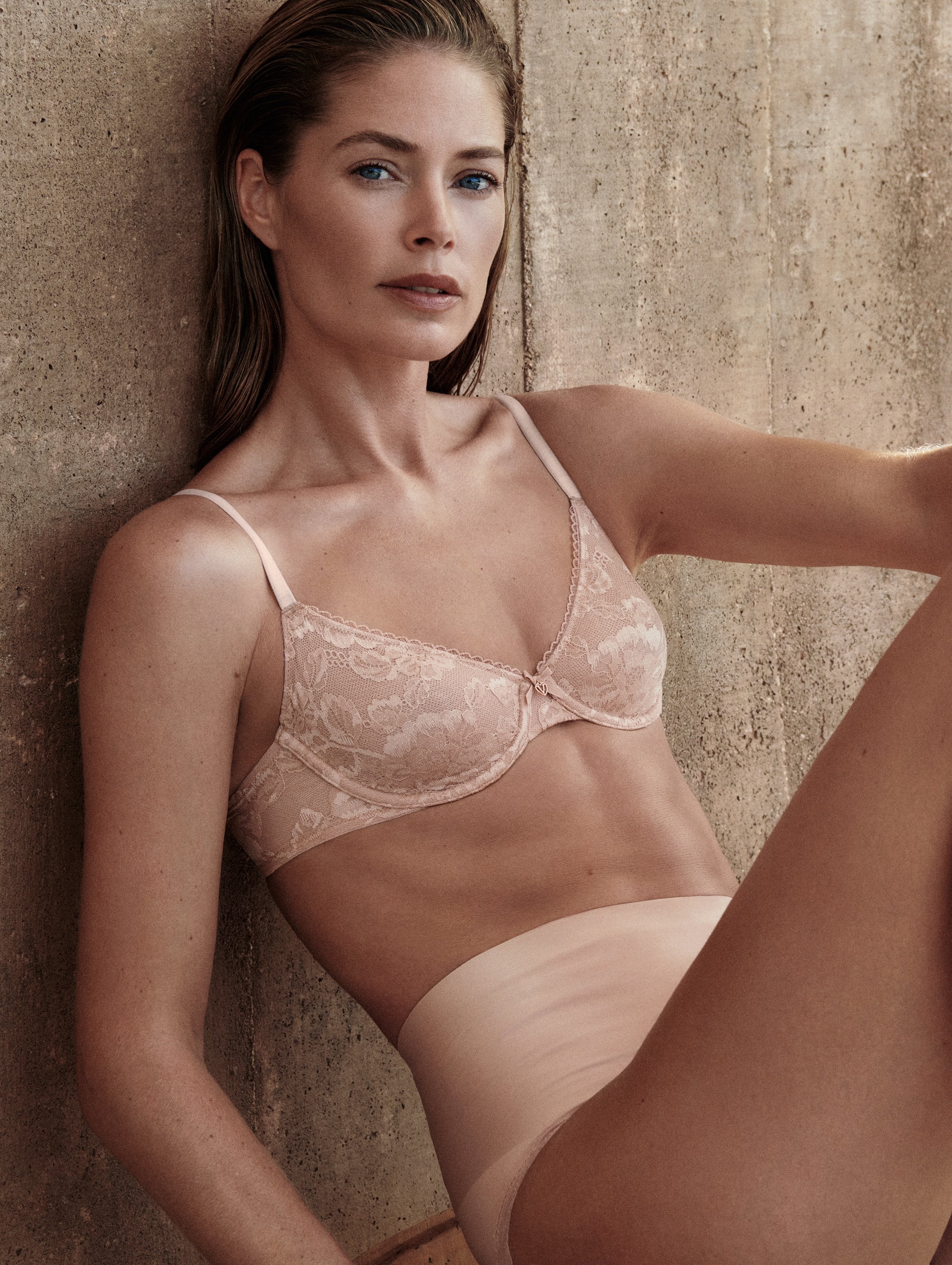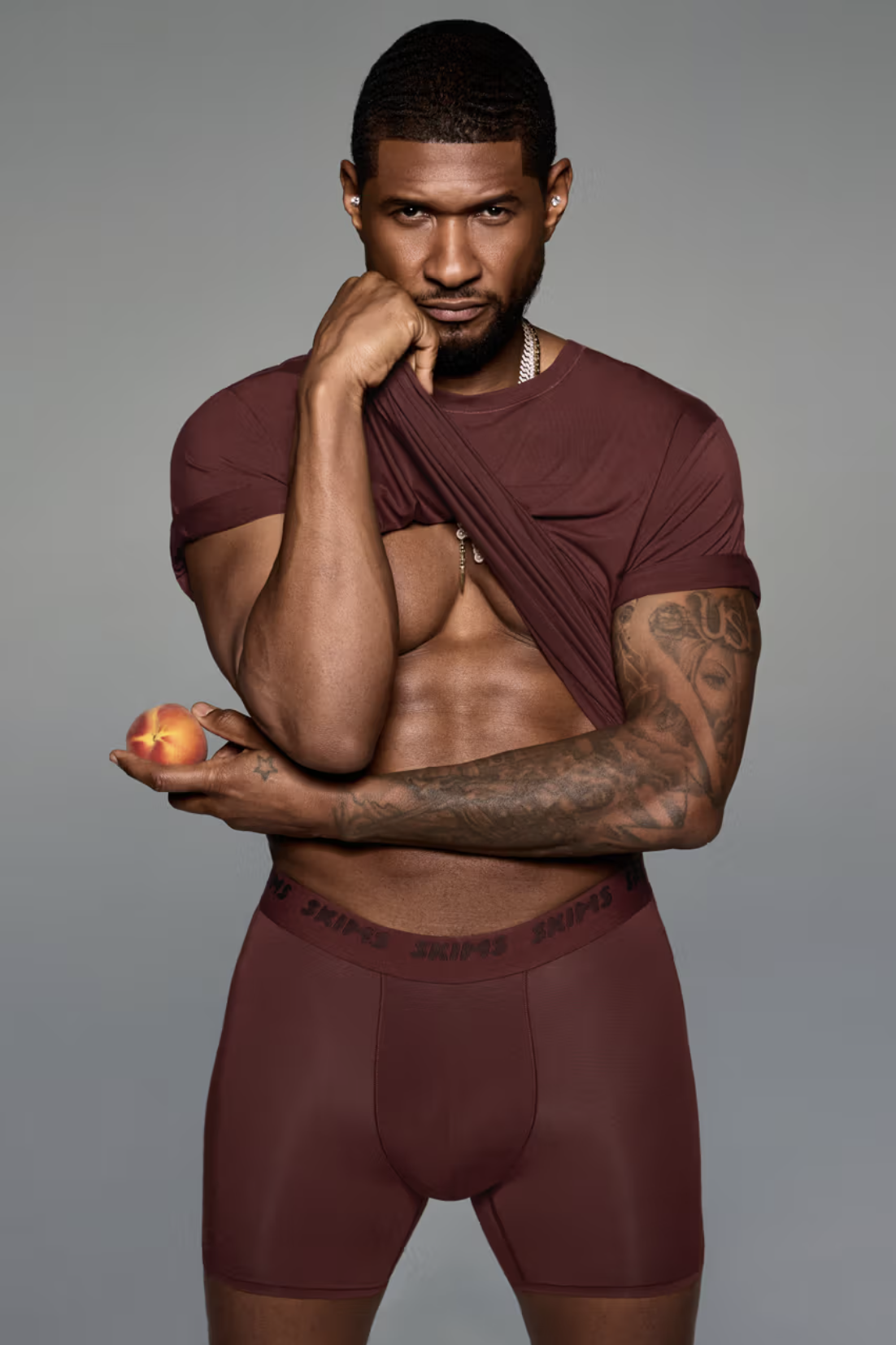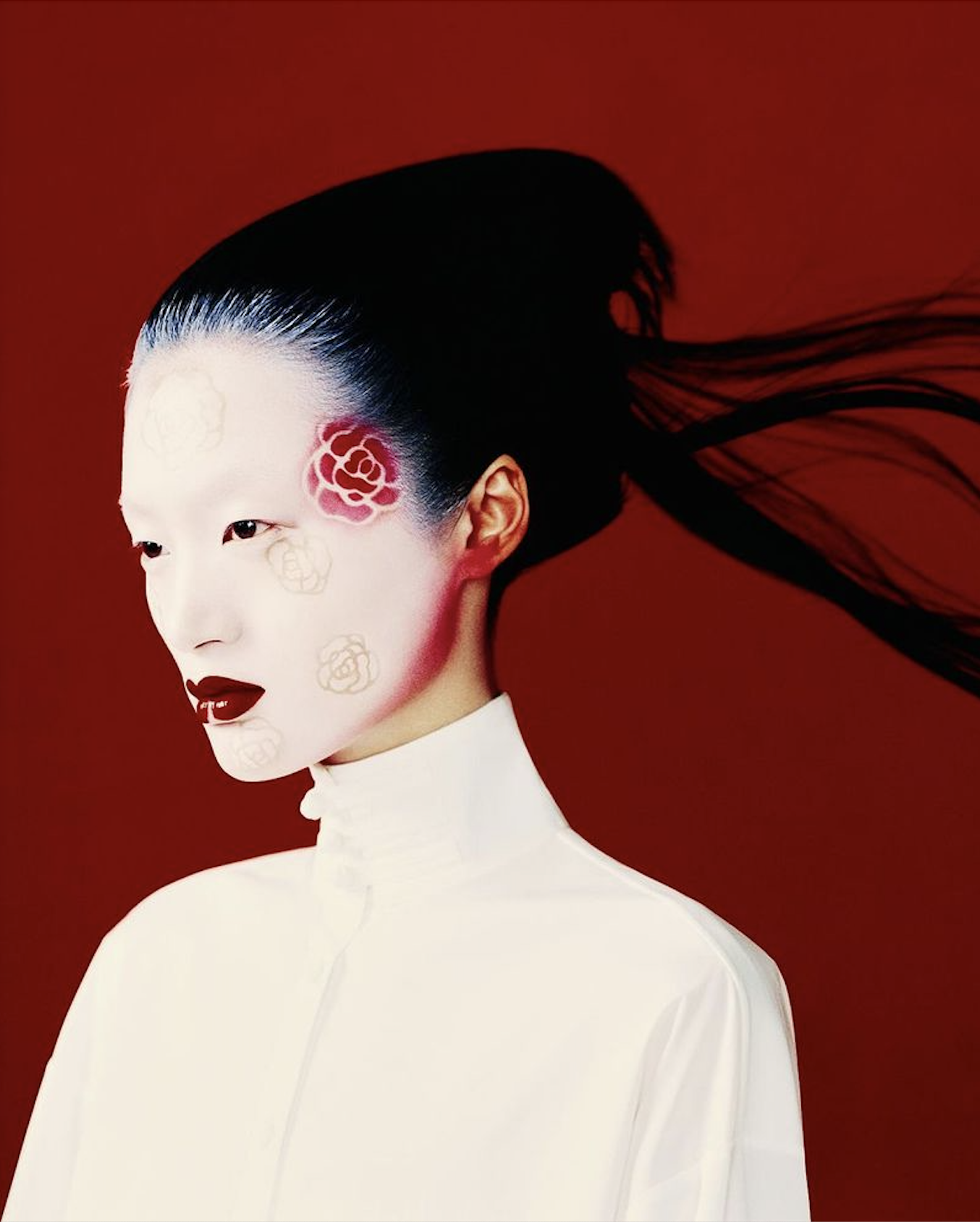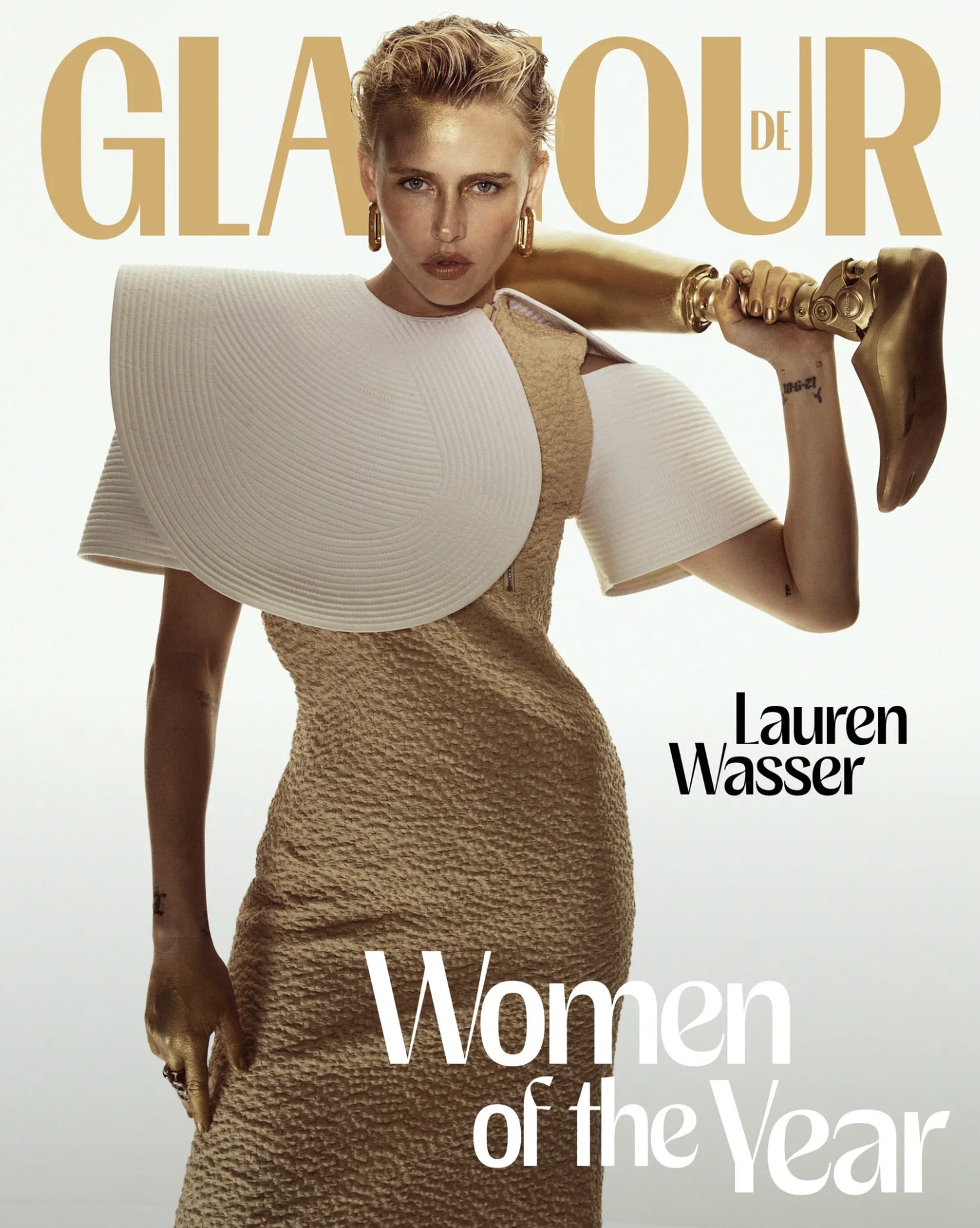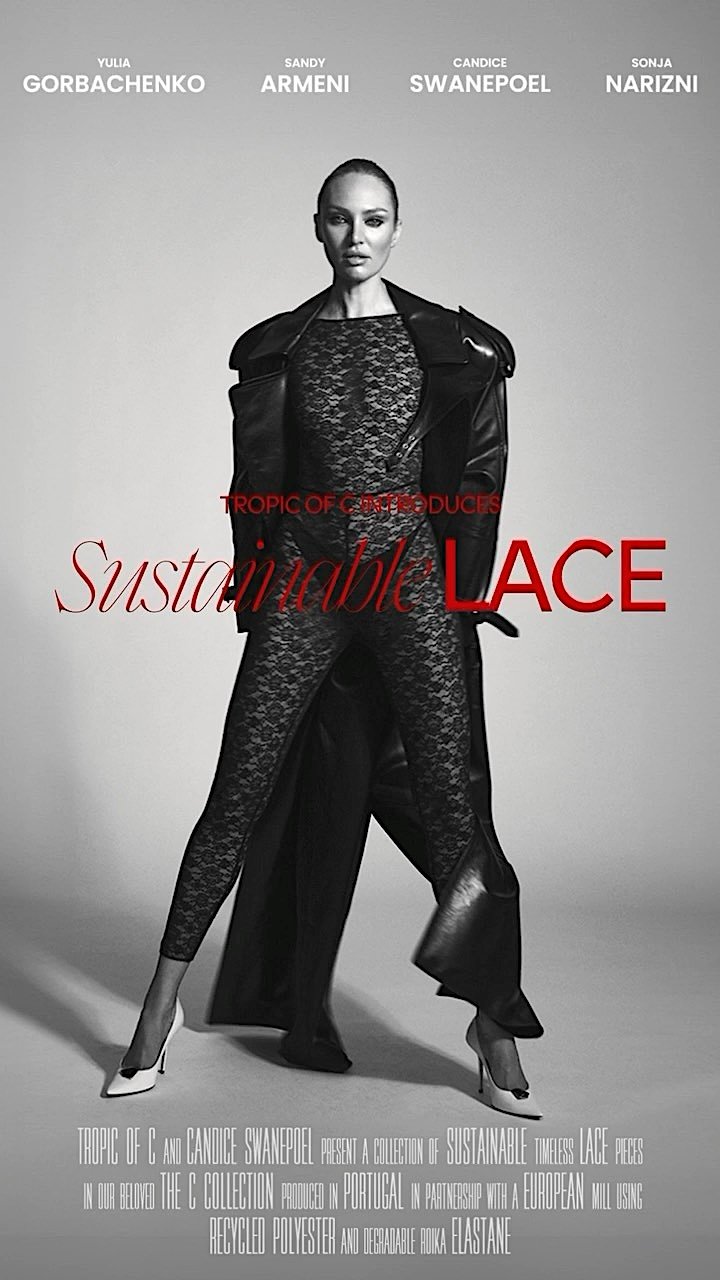Future-Focused, Positive People Make Healthier Food Choices
/
In a fascinating study published in the Journal of Consumer Research, authors Karen Page Winterich and Kelly L Haws examined the complicated relationships around emotional eating. Most often the discussion about emotional eating centers on a negative state of being. We eat unhealthy foods for their comfort factor, to reduce stress, to reward ourselves when we’re feeling badly about ourselves.
Winterich and Haws decided to explore the food choices — fruit versus candy bars — among people who are feeling positive, in a good mood and generally considered to be ‘happy’.
A series of experiments caused the authors to reach an interesting set of conclusions, driven by time lines in the lives of the subjects. Some people are happy but focused on past events or pleasant memories as the source of their joy. This group is different from happy people who are focused on the future and considered to be optimistic. It’s possible that the optimistic people have seriously negative events in their past but have a positive outlook towards the future.
In the authors’ first study, hopeful participants consumed fewer M&Ms than people who experienced happiness. In a second study, the authors found that consumers who were more focused on the past chose unhealthy snacks, even if they felt hope. In the third study, the researchers shifted the time frame of the positive emotion (having participants feel hopeful about the past or having them experience pride in the future). “That is, if someone is anticipating feeling proud, she prefers fewer unhealthy snacks than someone experiencing pride.”
If you are a regular Anne of Carversville reader, then you are accustomed to our obsession with female physicality, religion and the global morality police, coupled with women’s shame. In my own past experience shame led to overeating.
Fear of Shame or Punishment Doesn’t Always Work
The last experiment conducted by Winterich and Haws closely resembles the conclusions of an earlier study that says thinking about food or pleasure doesn’t necessarily trigger eating ‘forbidden’ foods. In fact, allowing oneself to indulge in images of beautiful food can satiate appetite and desire for a rich food experience.
When the authors compared the food choices made by future-focused positive emotions (hopefulness, anticipated pride) to future focused negative emotions (fear, anticipated shame), it was the combination of positivity and future focus thinking that enhanced self-control.
The implications of this research focus not only on diet but on feelings of self-worth. Self-control is often tied to fear of public shaming — by the size 0 fashion police or religious authorities. Both operate on the same premise that threatening people with exclusion from the group will motivate them to monitor their behavior.
In fact, the opposite effect might occur: that the fear of shaming can’t be separated from feelings of low self-worth, at least for some people. Without a positive self image, one tends not to be optimistic about the future, except in a fantasy, ‘winning the lottery’ sort of way. As a result, one makes bad food choices because living in the past — not the future — is the deeply-seeded mindset. Anne
